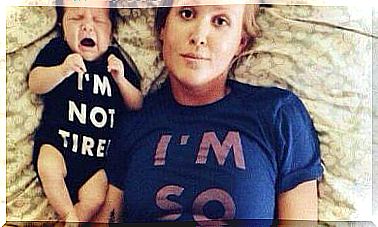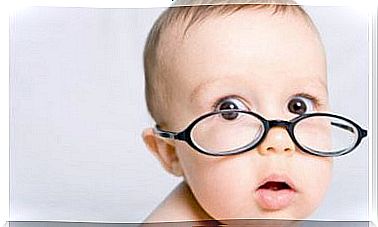Healthy Nutrition During Pregnancy
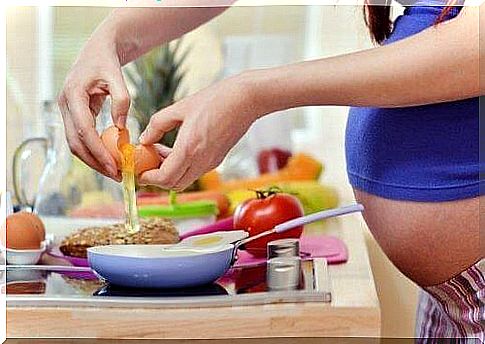
This article serves as an excellent guide to what healthy eating is like during pregnancy. It is important for both expectant and breastfeeding mothers to pay attention to their diet for both their own health and the child’s development. Everything a mother eats is food for the baby as well.
For this reason, it is important to choose foods that provide your body with everything it needs. A pregnant woman needs plenty of calcium, iron, protein and folic acid. These nutrients help prevent fetal brain disorders, problems with bone formation, lack of oxygen in the circulatory system, and weakness in muscle tissue.
Healthy nutrition during pregnancy
- Greek yogurt. This dairy product is very useful especially for expectant mothers as Greek yogurt contains more calcium than other dairy products. The probiotics it contains help improve the health of the digestive system and prevent inflammation.
- Legumes such as lentils, green peas and beans, and peanuts. These foods contain fiber, folic acid and many other important nutrients. They help prevent diseases for both mother and child.
- Egg. Eggs contain many of the nutrients a woman needs during pregnancy. One of these is choline, a molecule that helps with the physical and functional development of the brain.
- Lean meat. Beef, pork and chicken are great sources of protein, iron, choline and B vitamins.
- Berries and red fruits. The small berries are full of water, good carbohydrates, vitamin C, fiber and antioxidants. They also help relieve anxiety, and are low in calories.
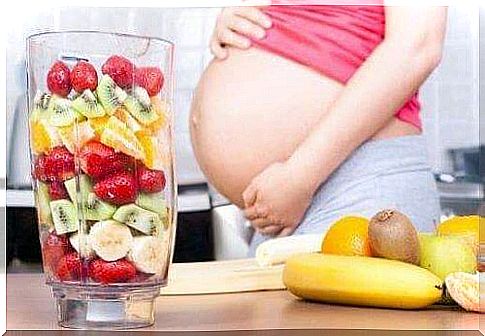
- Avocado. This unique fruit is full of fatty acids that are good for the body. It also contains vitamins B, K, E and C as well as potassium and copper. All of these nutrients relieve leg cramps, as unfortunately leg cramps can often occur during pregnancy.
- Nuts. Nuts are an important part of a pregnant woman’s diet as they are full of nutrients despite their small size.
Health effects of food types
Each type of food has its own health-promoting benefits during pregnancy.
- Cereals are a great source of energy.
- Fruits and vegetables are rich in antioxidants. They are also high in fiber and vitamins.
- Meat, nuts and vegetables contain protein, folic acid and iron – all the ingredients your body needs.
- Various dairy products are great sources of calcium and vitamin D. As we mentioned earlier, one of the best dairy products for the expectant mother’s body is yogurt.
Foods and drinks to avoid during pregnancy
- Caffeinated beverages. These drinks should not be consumed more than 200 mg, or about 3.5 dl per day. However, it would be better for both you and your child’s health if you could avoid consuming them altogether.
- Salmon and sardines are high in omega-3 fatty acids and protein. However, some fish species, such as tuna, contain a lot of mercury, so eating them should be avoided during pregnancy.
- Alcoholic beverages. Alcohol travels from the mother’s bloodstream directly to the baby through the umbilical cord. Alcohol can cause a child physical and cognitive problems as well as behavioral problems in the future.
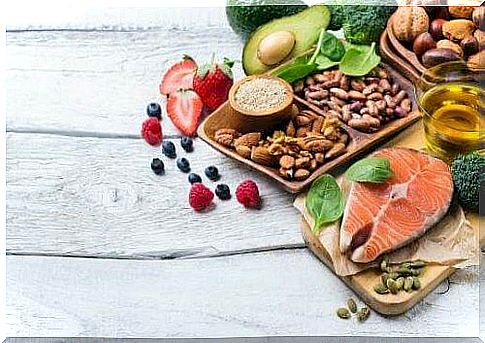
Other factors need to be taken into account. In addition to a healthy diet, a woman should also remember to drink enough water during pregnancy. Adequate vitamin intake should also be ensured, so it is a good idea to take vitamin supplements to help. Since food does not always provide all the necessary nutrients, it is important to enjoy them from other sources.
When considering what kind of nutrition is good during pregnancy, keep in mind that nutrient needs vary as the pregnancy progresses. Therefore, care must be taken to ensure that the body receives enough nutrients at each stage of pregnancy.
So make sure you get all the necessary micronutrients and macronutrients that are essential for maternal health and child development.




